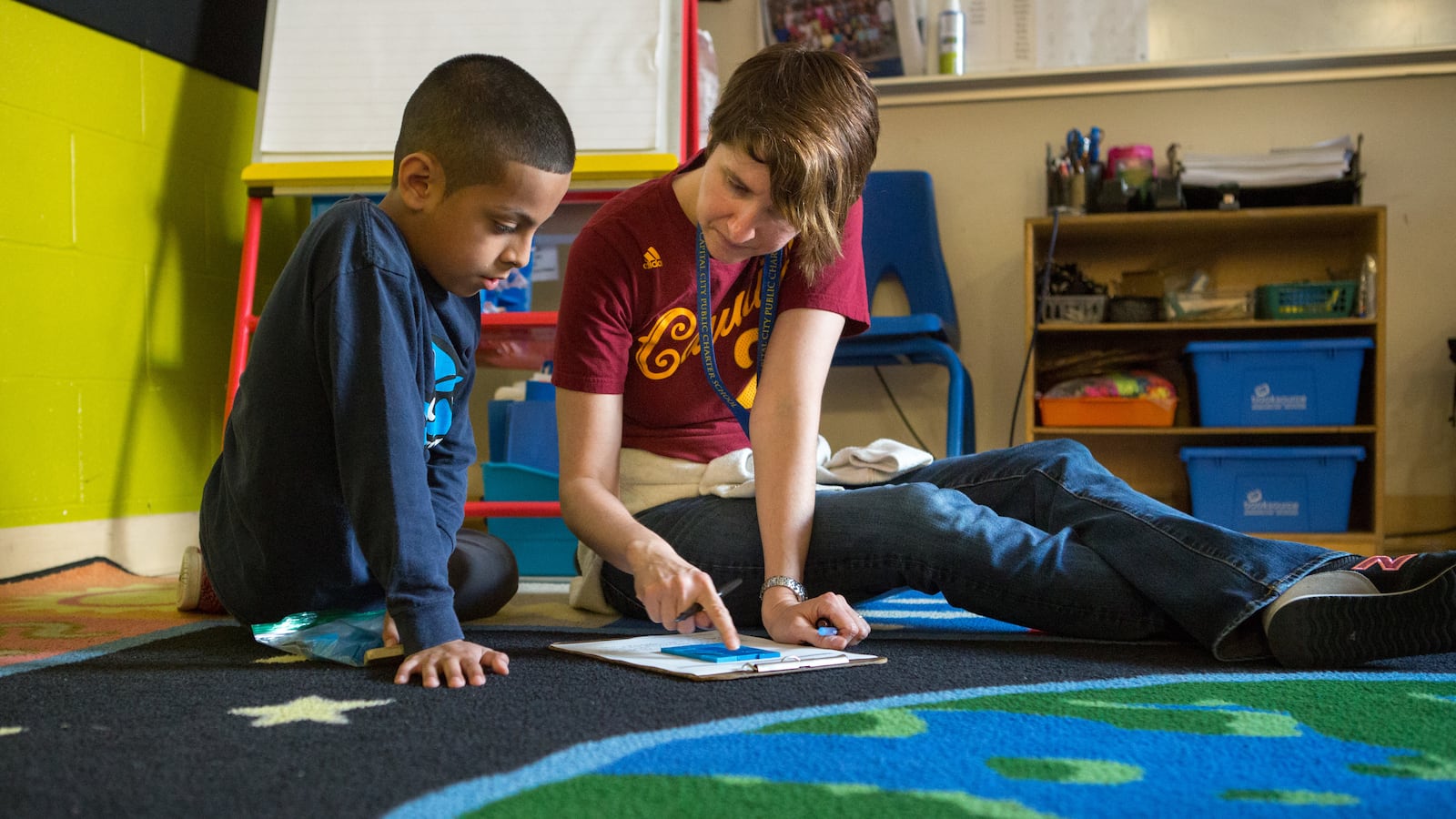As soon as I joined the school board in Derry, New Hampshire, I was warned that things would get very heated. To succeed, I would need solid answers grounded in facts.
Over five years, I have learned that those facts are usually numbers, but the words I use to explain them are even more important. That’s in large part because I can choose the words, even though the math is out of my hands — and getting tougher each year.

In New Hampshire, all students are assured an adequate education. This means that each school receives a base amount per student, with additional money granted for English language learners, students with disabilities, students receiving free or reduced-price lunch, and low student achievement. On average, Derry receives about $5,000 per student, but the state average cost per student for elementary school is a little over $17,000. Is $5,000 adequate? Maybe, but what parent wants an adequate education for their child? None that I know. They want a quality education, which is why towns use local property taxes.
Communities understand that. What’s tougher to explain is why the school budget keeps going up without new programs or more students.
The reason is the revenue we get from the state keeps shrinking, even though our needs haven’t changed. During an early spring meeting of school board members, town councilors, and state legislators, I described it as downshifting, a term that made the legislators cringe and get defensive. But the dynamic is very real and falls hardest on communities like mine.
A state law change a decade ago meant that local school districts that used to pay 8% of required retirement costs for teachers must now pay 21%. Just this past year, this increased our district’s budget by over $700,000. Derry used to get over $1 million in special education aid. Now, due to changes in state funding, we get just under $630,000.
Then, we have to make up the shortfall. There are only two ways to do this: cut spending or raise property taxes. Cuts show up in different ways. In past years, we allowed classes to grow above school district class size recommendations, we’ve delayed buying new laptops for teachers, and put off building maintenance. But these Band-aids only hold for so long. When the only German teacher retired, we didn’t replace him. To reduce staffing costs, schools have shared guidance counselors, art teachers, music teachers, and gym teachers. It’s disheartening at best.
This year, about $1.5 million in stimulus money has helped. But the two-year budget passed in June increased the underlying challenges significantly, especially in property-poor towns like Derry. The Republican-led Legislature and governor declared the budget fiscally sound, but what it really does is spend less on education, remove help for property-poor towns, and downshift even more costs to towns and cities. The budget also includes a school voucher-like program that will allow parents to take public tax dollars and pay for private or home school programs.
It should be noted these changes are happening in a state that already ranks last for state funding of public education. Property-rich areas can absorb the differences. New Hampshire public schools in property-poor towns will be hurt. The question is by how much.
As chair of the school board, I feel constant pressure to explain the financial constraints the board works under so we are not accused of money mismanagement. My central job as a school board member is to provide the best education possible, in an equitable way for all Derry students, using the financial resources we have available.
Some days I feel more successful than others. But I will never stop trying to explain the numbers that help determine whether our students receive a quality education.
Erika Cohen is in her sixth year on the Derry School Board and currently serves as chair. She has two children, a sixth grader and a ninth grader, in the Derry schools. Erika works as an independent writer, editor, and ghostwriter of financial articles and books.



